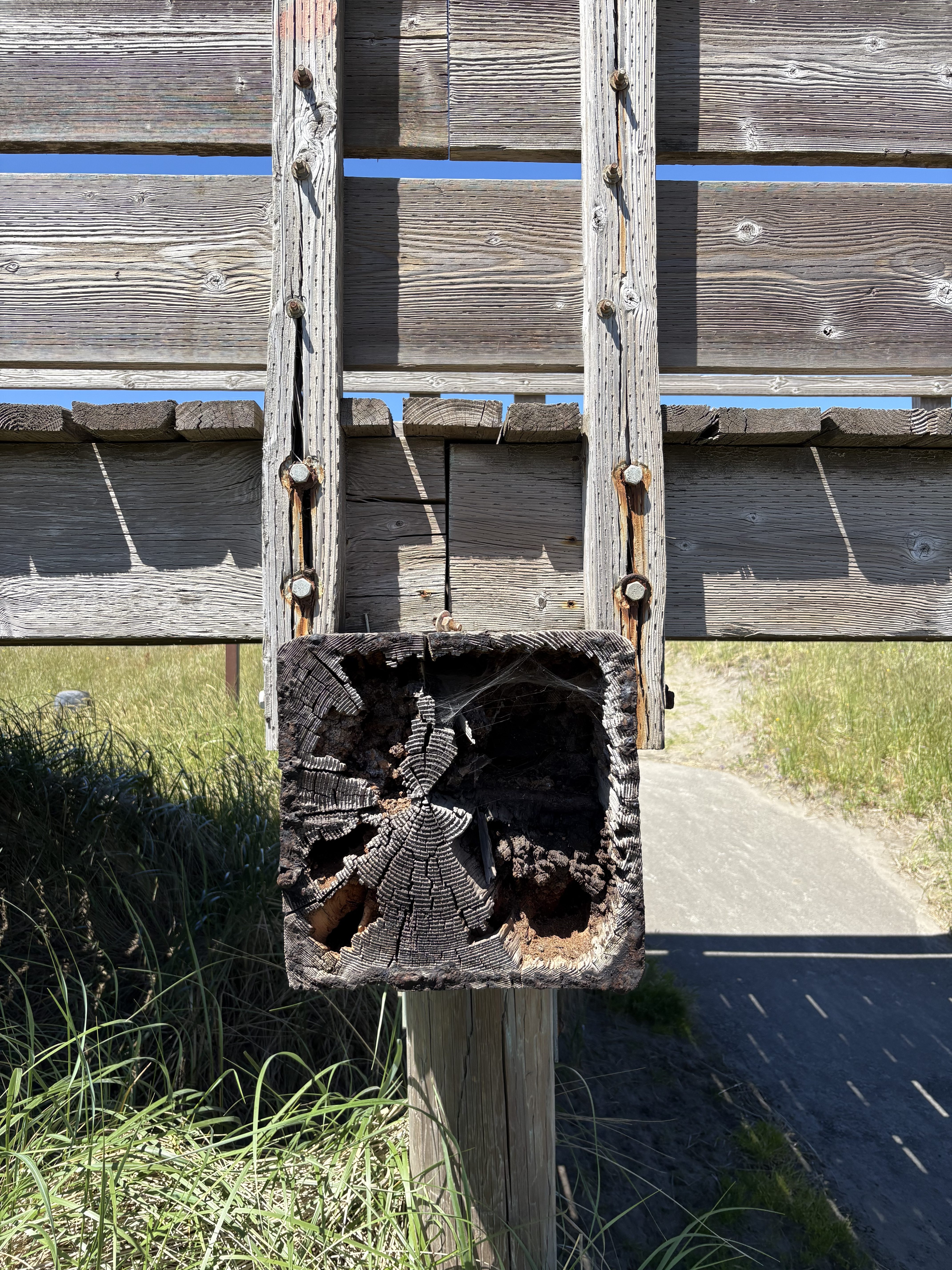Canadian officials say ‘No Confirmed Cases’ of salmon virus
Published 4:00 pm Monday, November 14, 2011
PACIFIC OCEAN National Oceanic and Atmospheric Administration Administrator Jane Lubchenco has directed NOAA Fisheries to assemble a report on infectious salmon anemia due by the end of November that will outline steps needed on surveillance, research and response, including contingency plans for handling the potential spread of the virus.
That was the word from a Nov. 6, get-together at a Seattle fish research lab where U.S. Sen. Maria Cantwell, D-WA, joined officials to provide an update on heightened interagency coordination to deal with a virus that they fear may threaten Pacific Northwest salmon.
Cantwell and officials highlighted existing research and surveillance and discussed the next steps needed to stay ahead of the virus, including standardizing the methodologies for testing for the salmon virus known as ISA.
Meanwhile, Canadian officials this week said that based on analysis conducted by the Canadian Food Inspection Agency (CFIA), in collaboration with Fisheries and Oceans Canada (DFO), the province of British Columbia and the Atlantic Veterinary College, there have been no confirmed cases of ISA in wild or farmed salmon in BC.
Testing has been ongoing since mid-October, they said, when a laboratory at the Atlantic Veterinary College reported that it had detected the virus.
Officials said DFO has tested all 48 samples received as part of the original reports and the results are all negative for the virus.
These results are consistent with the findings of an independent laboratory in Norway, which also tested samples associated with this investigation and provided a report to the CFIA, said the CFIA.
Additional testing continues and results will be provided when ready, the agency said.
As part of the investigation, the CFIA and DFO are also looking at how the samples were collected, handled, transported and stored.
In Canada, infectious salmon anemia is a federally reportable disease in Canada. This means that all suspected or confirmed cases must be immediately reported to the CFIA.
In another ISA development, Brian Wallace, senior commission counsel for the Cohen Commission of Inquiry into the Decline of Sockeye Salmon in the Fraser River issued the following statement:
Testing of samples of Pacific salmon from two areas of the province has indicated the possible presence of the Infectious Salmon Anemia (ISA) virus in several Pacific salmon. The commission has been advised that further results will be available in about one month. We have requested disclosure of documents related to these fish and the current testing.
The commission plans to convene a two-day hearing in mid-December to put new information about the possible presence of the ISA virus in B.C. on the commissions record. Further details, including any witnesses or exhibits for those days of hearings, will be released later.
The Cohen Commission (www.cohencommission.ca) was established on Nov. 5, 2009. It holds hearings to investigate and report on the decline of sockeye salmon in the Fraser River.
Based on its findings, the commission will make recommendations for improving the future sustainability of the sockeye salmon fishery in the Fraser River, including, as required, any changes to the policies, practices and procedures of the Department of Fisheries and Oceans in relation to the management of the Fraser River sockeye salmon fishery.
The commissions final report must be submitted on or before June 30, 2012.
Canadas federal Minister of Fisheries and Oceans, Keith Ashfield, said, It has been a difficult few weeks for the fishing industry in British Columbia, and across the country, while waiting for these preliminary test results to come back. Because some have chosen to draw conclusions based on unconfirmed information, this has resulted in British Columbias fishing industry and Canadas reputation being put at risk needlessly.
Our government takes the health of our fisheries very seriously. We have taken appropriate and immediate action to follow up on the allegations of the presence of ISA in B.C. waters. We can now confirm that, preliminary analysis, using proper and internationally recognized procedures, has found that none of the samples has tested positive for ISA.
In recent years, more than 5,000 fresh, properly stored and processed salmon have been tested by the B.C. government and Fisheries and Oceans Canada and there has never been a confirmed case of ISA in British Columbia salmon. An active, science-based sampling program continues for both farmed and wild salmon.
Sen. Cantwell said the virus may pose a threat to the Pacific Northwest salmon fishing industry and the coastal economies that rely on it.
Washingtons coastal economy, and the thousands of jobs they support, deserves a rapid response to this potential threat, said Cantwell. We need to act now with an aggressive action plan to protect these Washington state jobs. Fortunately, Washington is home to some of the most cutting-edge tools, like the lab were at today, for dealing with this virus. Ive called on key senate appropriators to support a comprehensive plan immediately.
Last week, Cantwell, along with Sens. Lisa Murkowski, R-AK, and Mark Begich, D-AK, sent a letter to key senate appropriators calling for the federal government to independently test samples of a recently detected salmon virus, and not rely on Canadian testing.
The full letter can be found at www.tinyurl.com/7v6wc8w. The senators urged appropriators to prioritize the resources and coordination necessary to address this emerging salmon virus threat.
Cantwells amendment to investigate and develop a rapid respond plan to prevent the spread of ISA passed the Senate by a vote of 69 to 30. The amendment was included in the minibus appropriations bill (H.R. 2112). The next step will be a conference of the House and Senate. It calls on the National Aquatic Animal Health Task Force to evaluate the risk the virus could have on wild salmon off West Coast and Alaskan waters, ensure adequate monitoring of wild salmon populations, and to develop a plan to address ISA.
The amendment requires a report be delivered to Congress within six months which outlines surveillance, susceptibility of species and populations, potential vectors, gaps in knowledge, and recommendations for management.
The British Columbia Salmon Farmers Association this week said: Following up on unconfirmed results publicized widely by anti-salmon farm campaigners four weeks ago, the CFIA tested the same sample collection plus additional samples collected and had no positive results for ISA.
This is a significant result for everyone involved: researchers, regulators, wild salmon advocates, salmon farmers and our coastal communities, said Mary Ellen Walling, executive director of the BCSFA. After seeing the original news distributed in such an inflammatory way, we hope this update will allay those concerns.
The BCSFA said that the allegation that ISA had been found in BC was concerning to BC salmon farmers who, while confident that the extensive testing showed ISA is not on their farms, were worried about the possible effect of the virus which is harmful to Atlantic salmon. Pacific salmon are relatively immune to ISA.
This is a good example of why proper sampling, testing and reporting procedures are in place and should be followed: the unconfirmed report from Simon Fraser appeared to be designed to create as much hype as possible. This has cost significant resources in time and money in emergency follow-up while also potentially impacting international markets for our business, said Walling.
Were pleased to see the thorough way CFIA is following up, but are dismayed at the way campaigners used this to create fear about our operations, said Walling.
The BCSFA said it understands that the investigation by the CFIA is continuing. The industry is providing any additional information to the CFIA as needed. In the meantime, our farmers continue in their regular, ongoing sampling/monitoring program.
The BCSFA represents salmon farm companies and those who supply services and supplies to the industry. Salmon-farming, says the association, provides for 6,000 direct and indirect jobs while contributing $800 million to the provincial economy each year.
For more information see CBB, Nov. 4, 2011 Senators Call For U.S. To Conduct Independent Testing To Assess Risk Of Salmon Virus http://www.cbbulletin.com/413770.aspx and CBB, Oct. 21, 2011 Researchers Say Lethal Marine Influenza Virus Found In Wild Salmon Off British Columbia Coast http://www.cbbulletin.com/413445.aspx)








